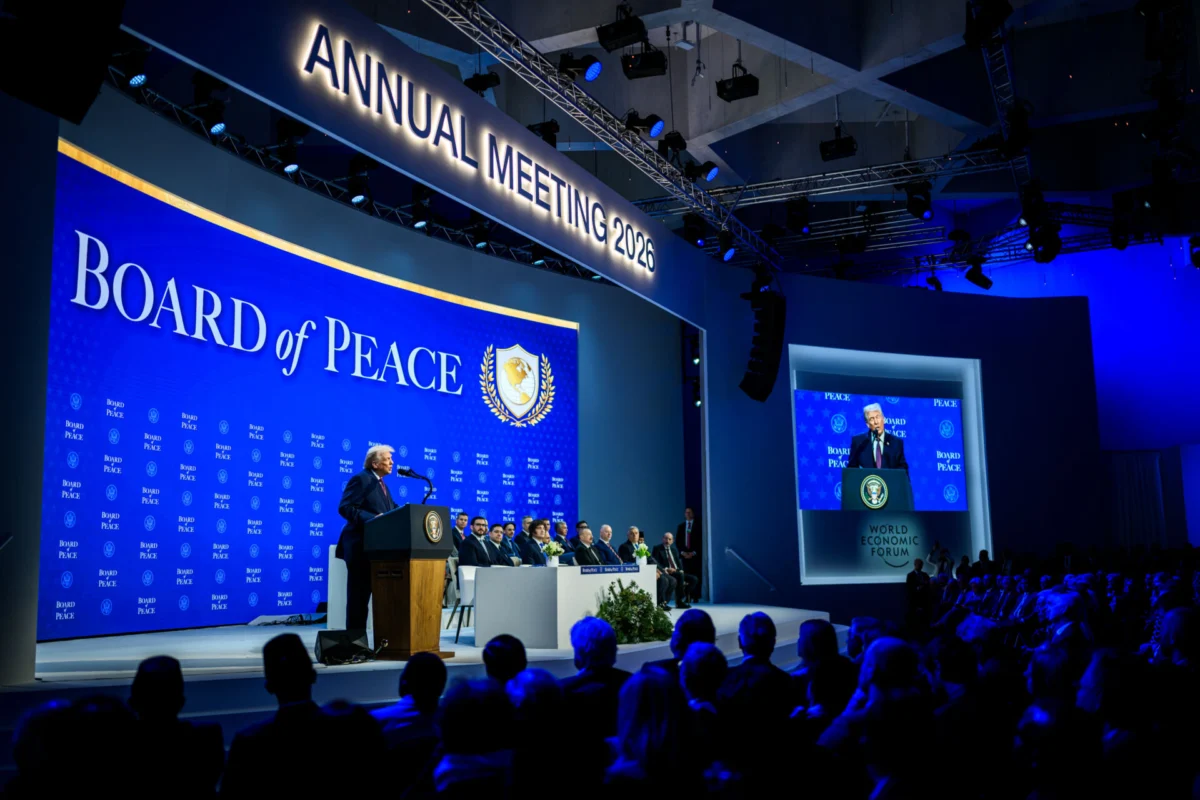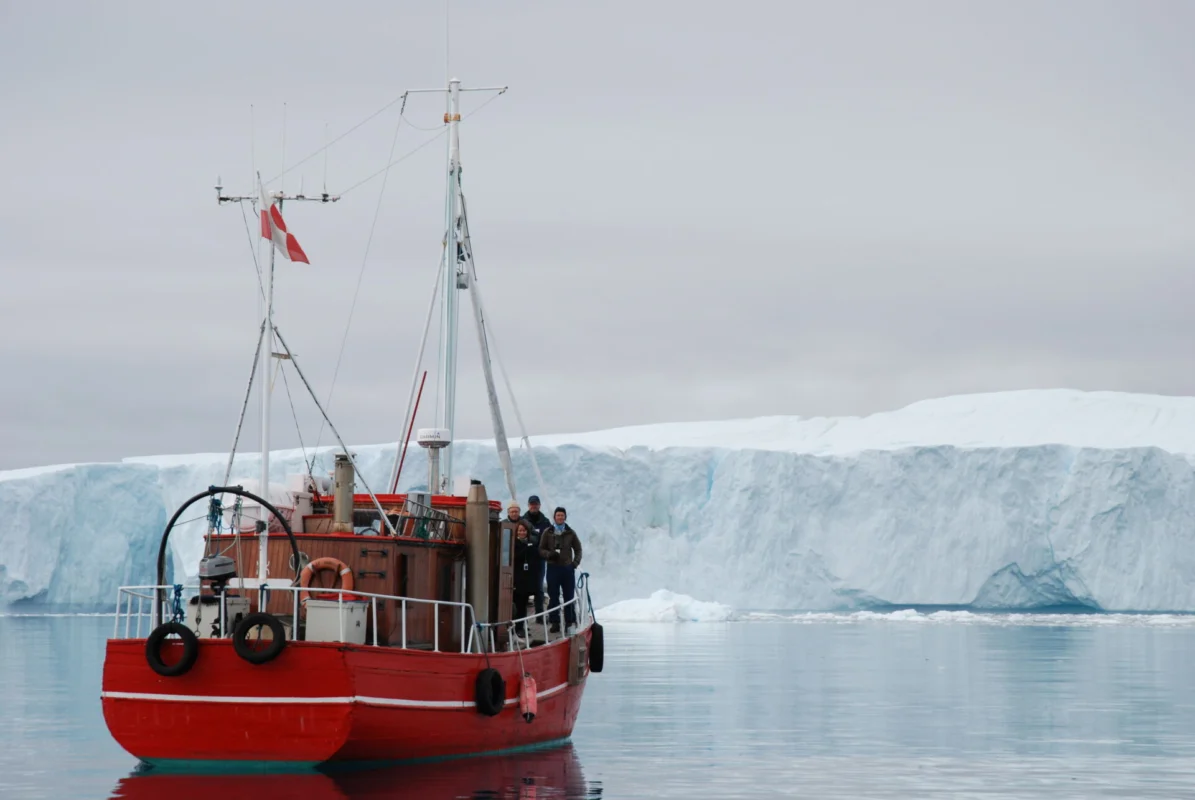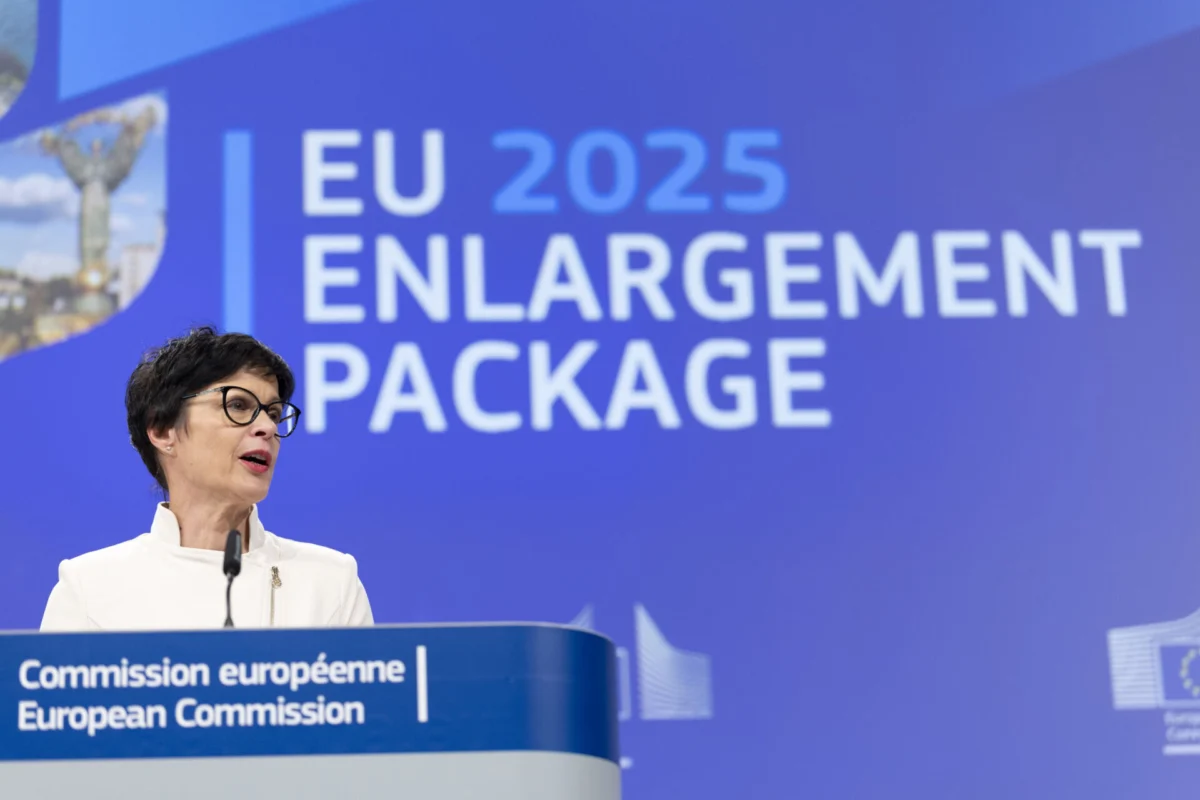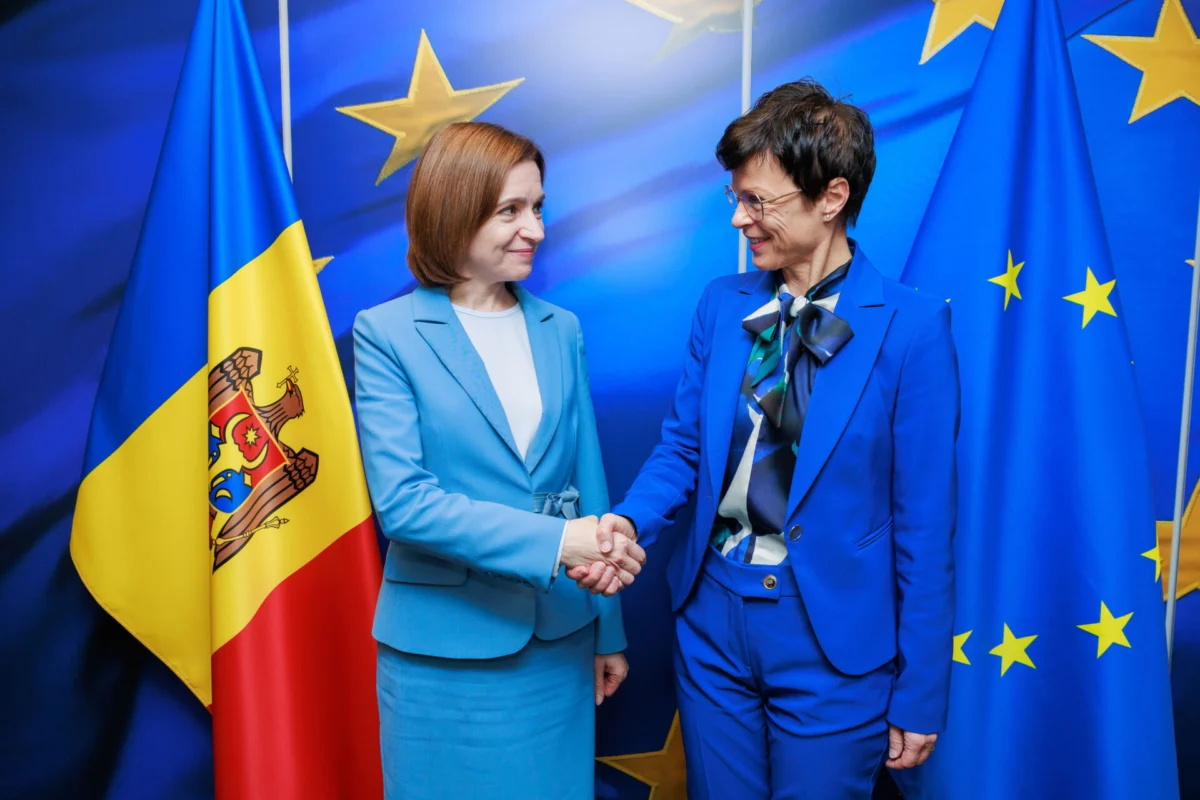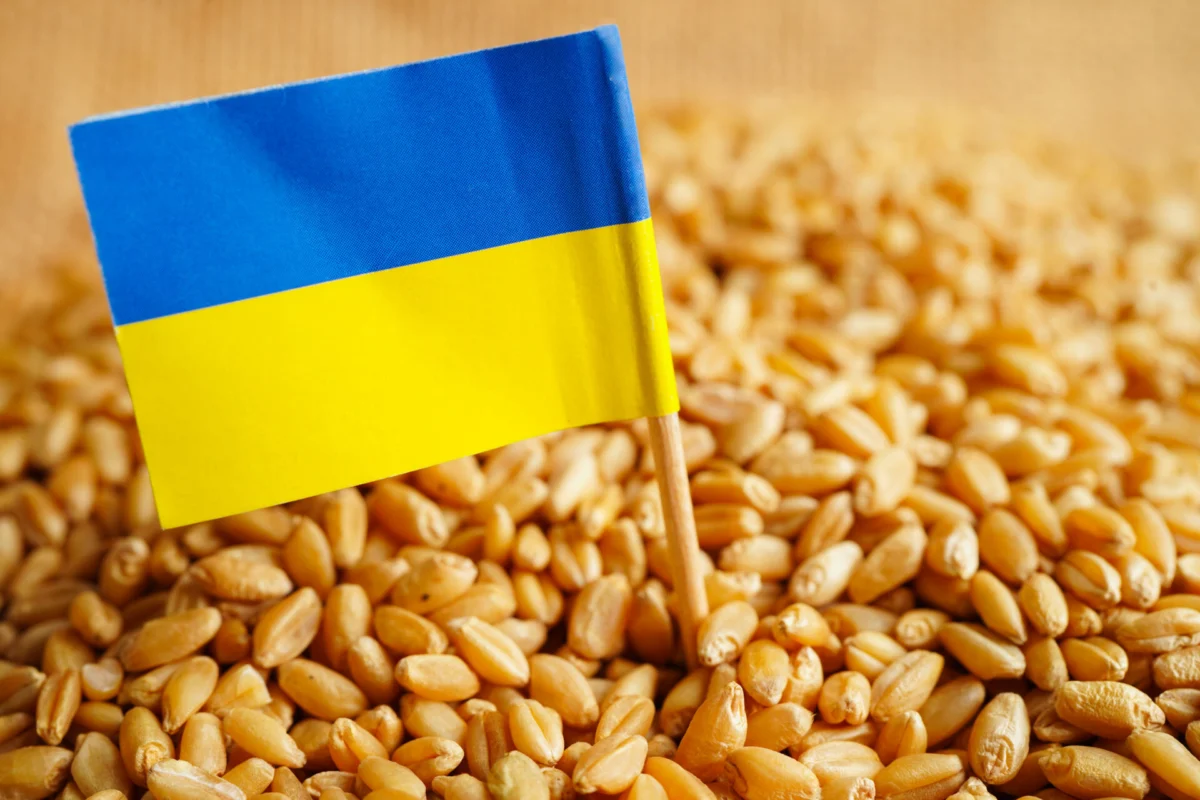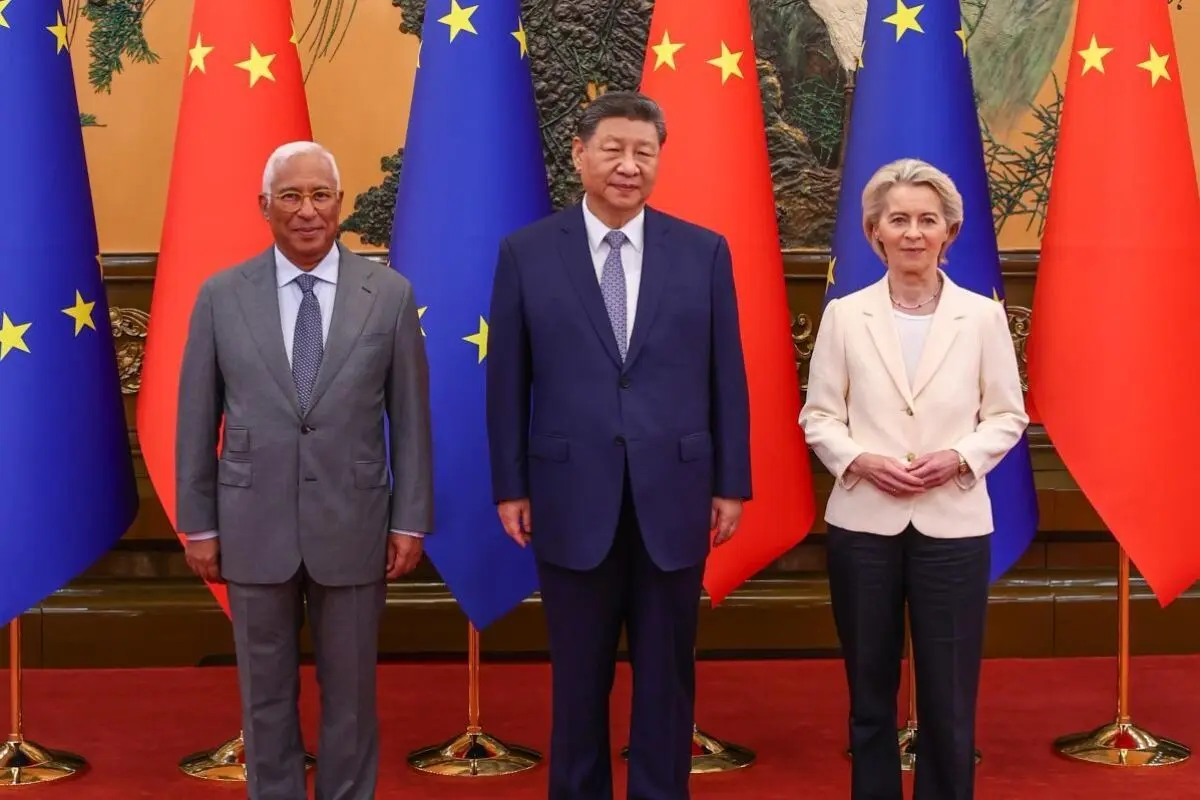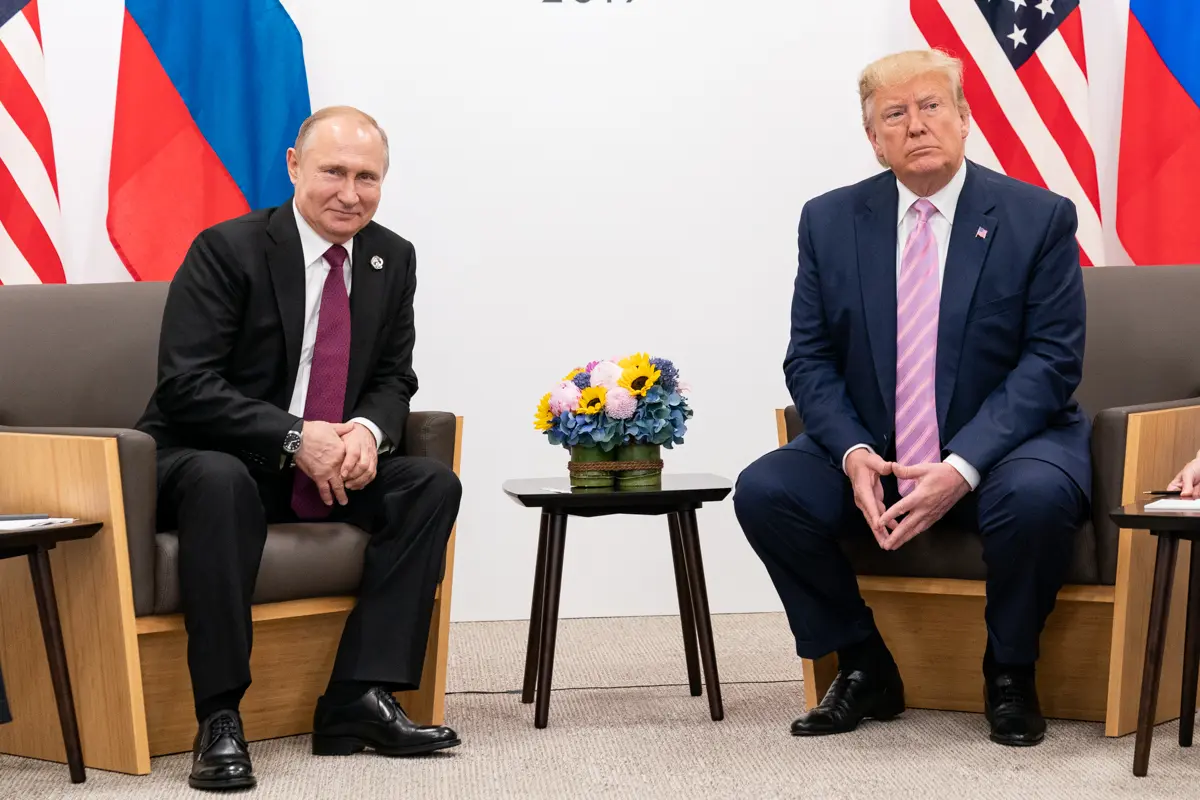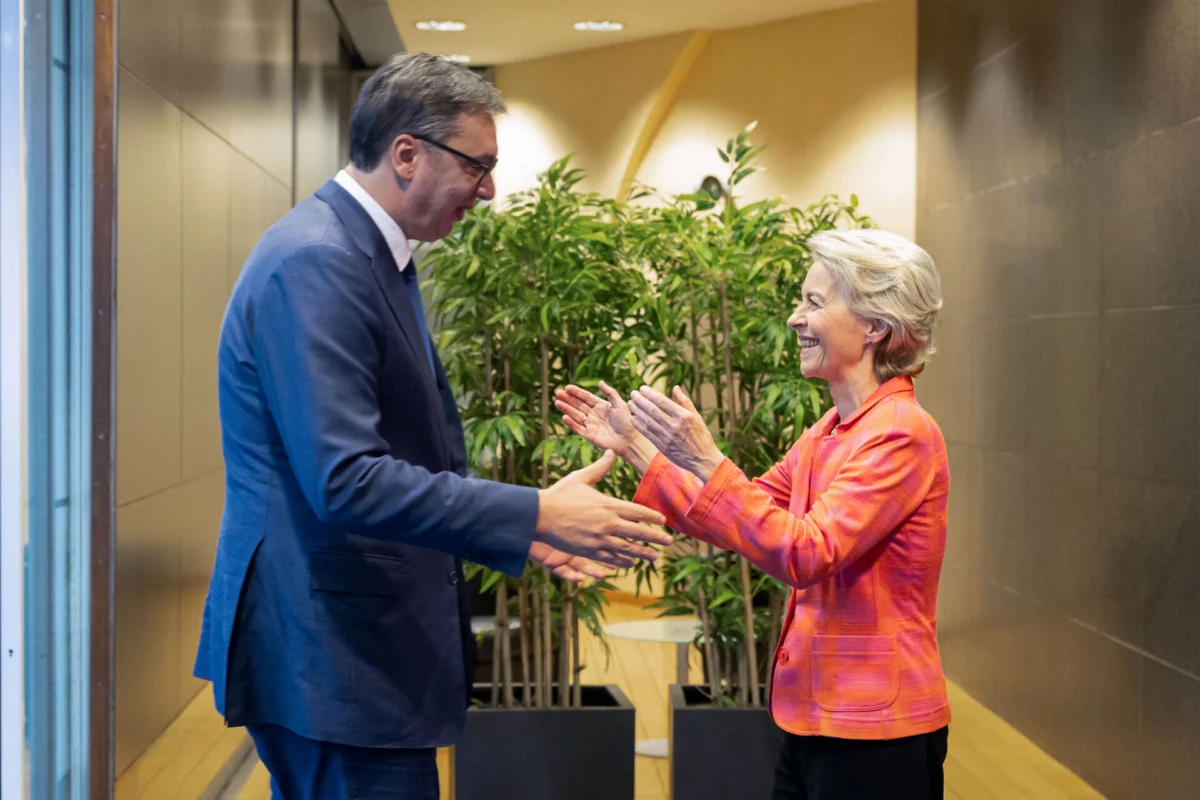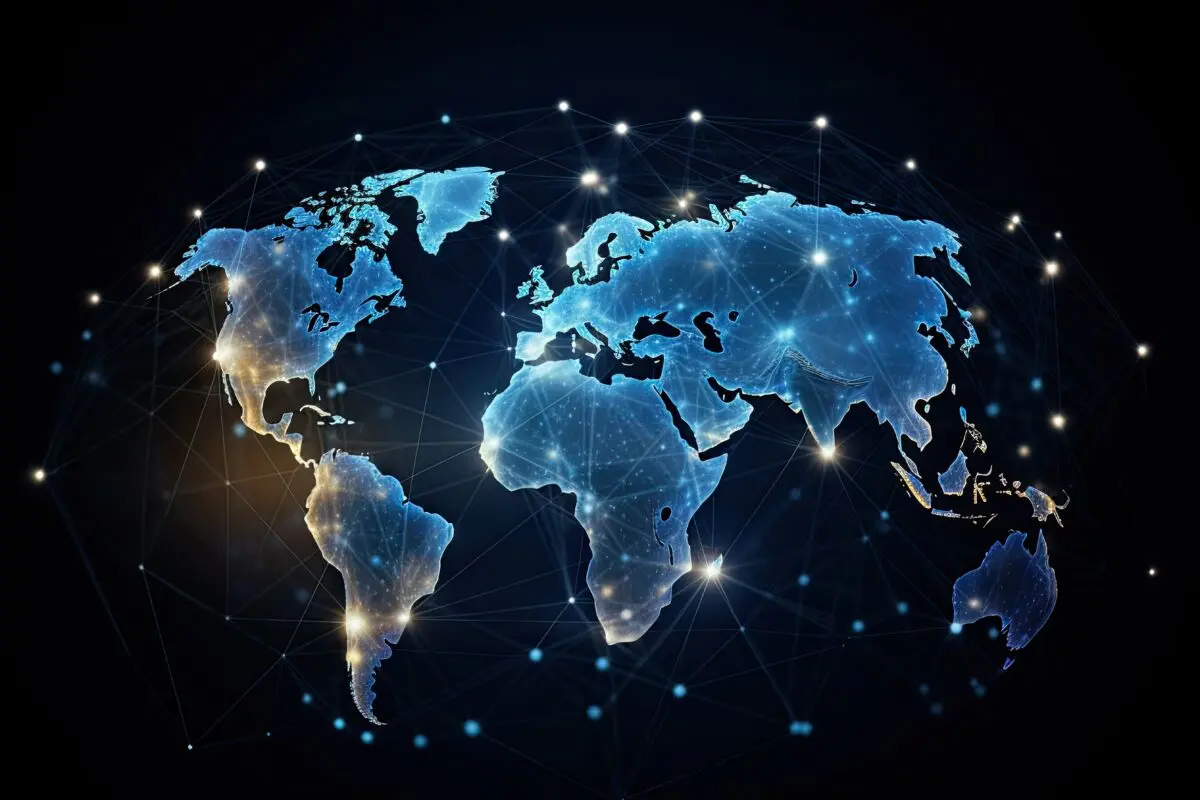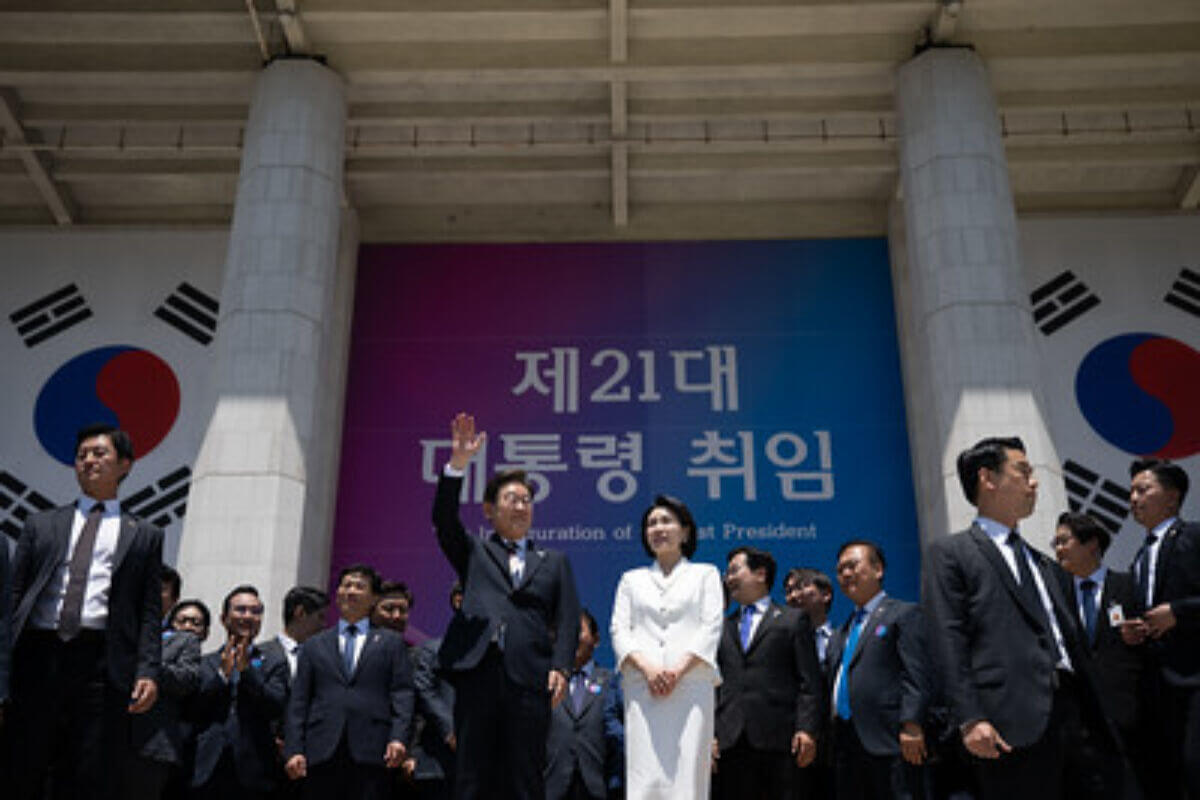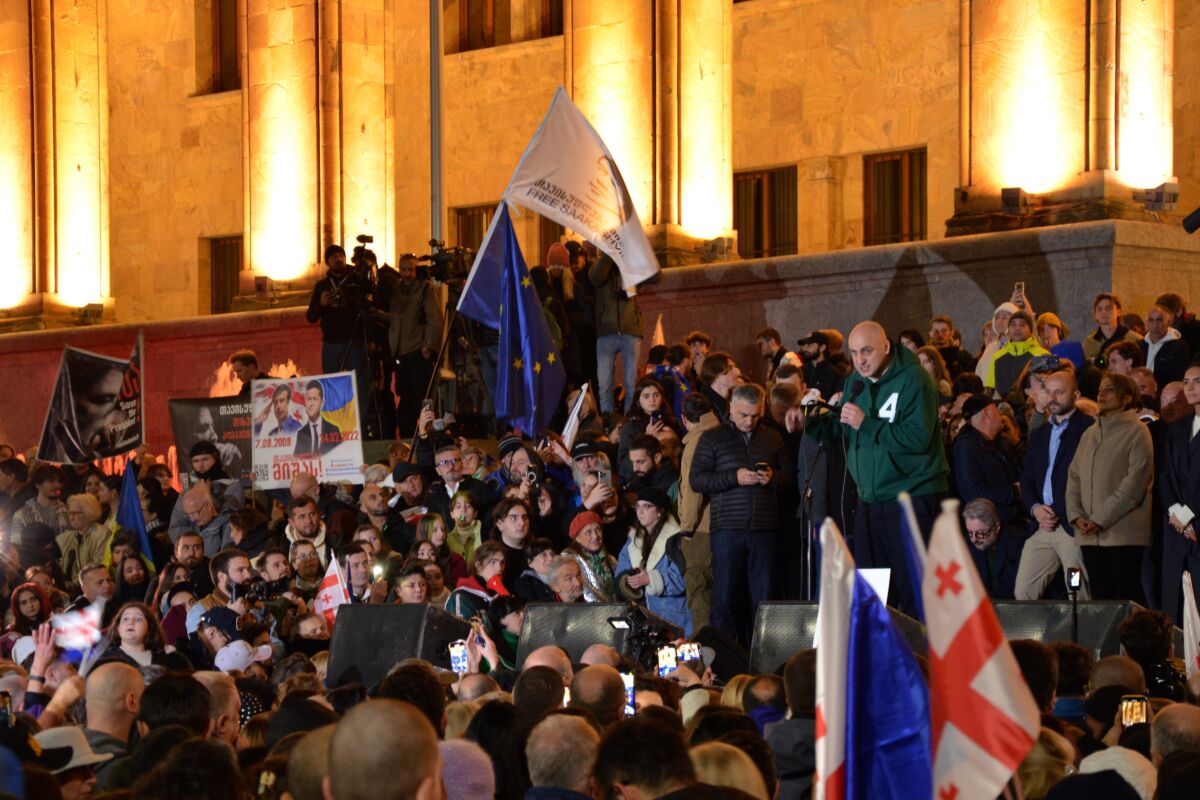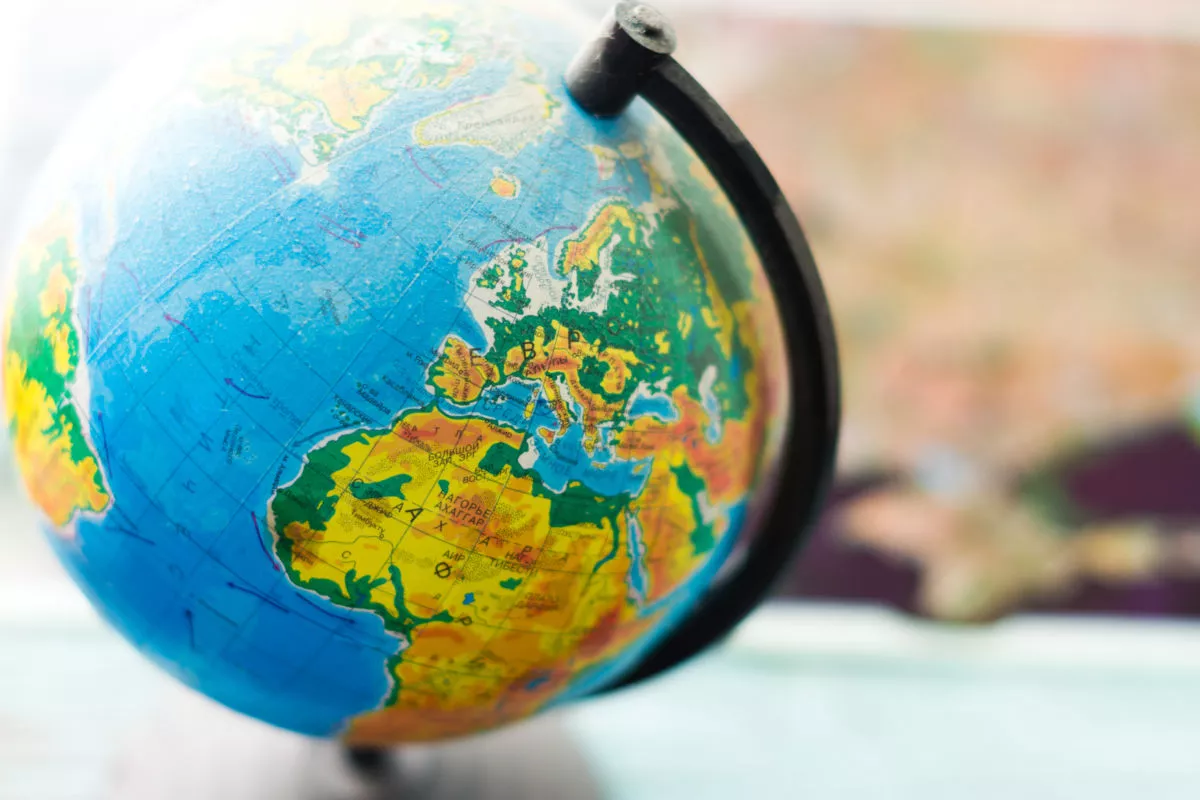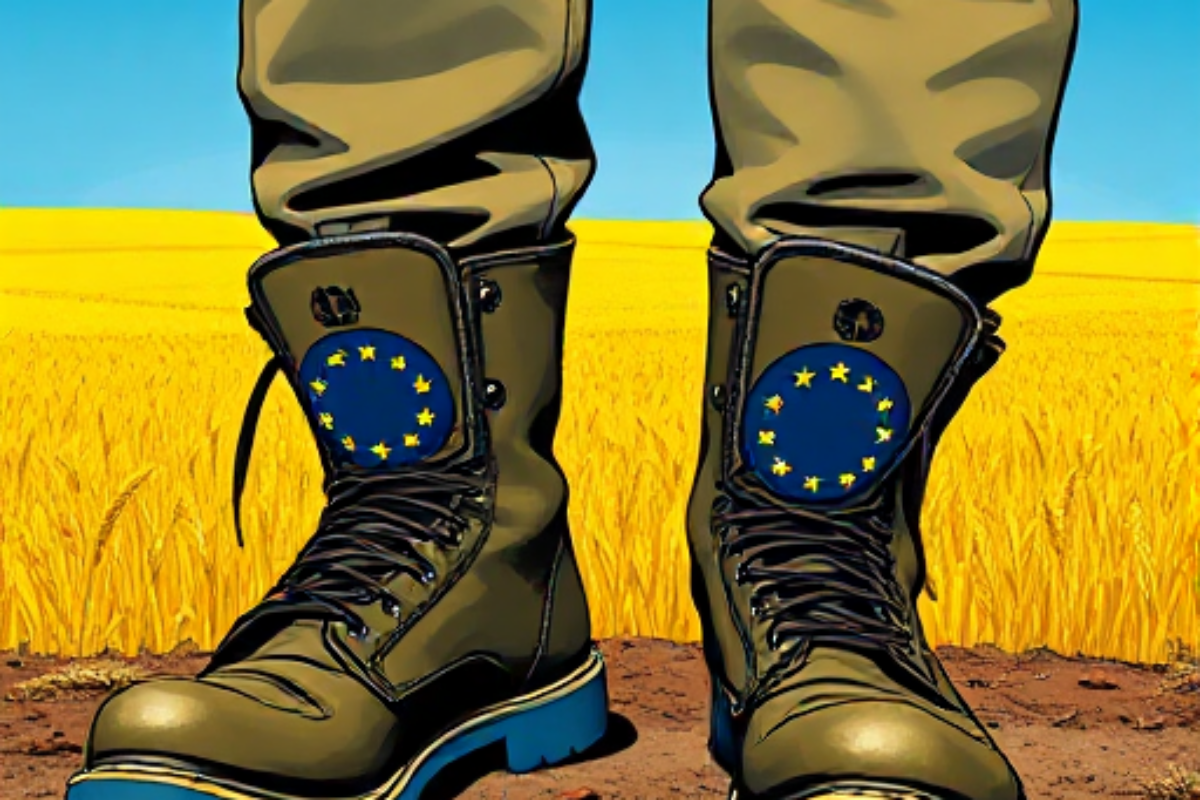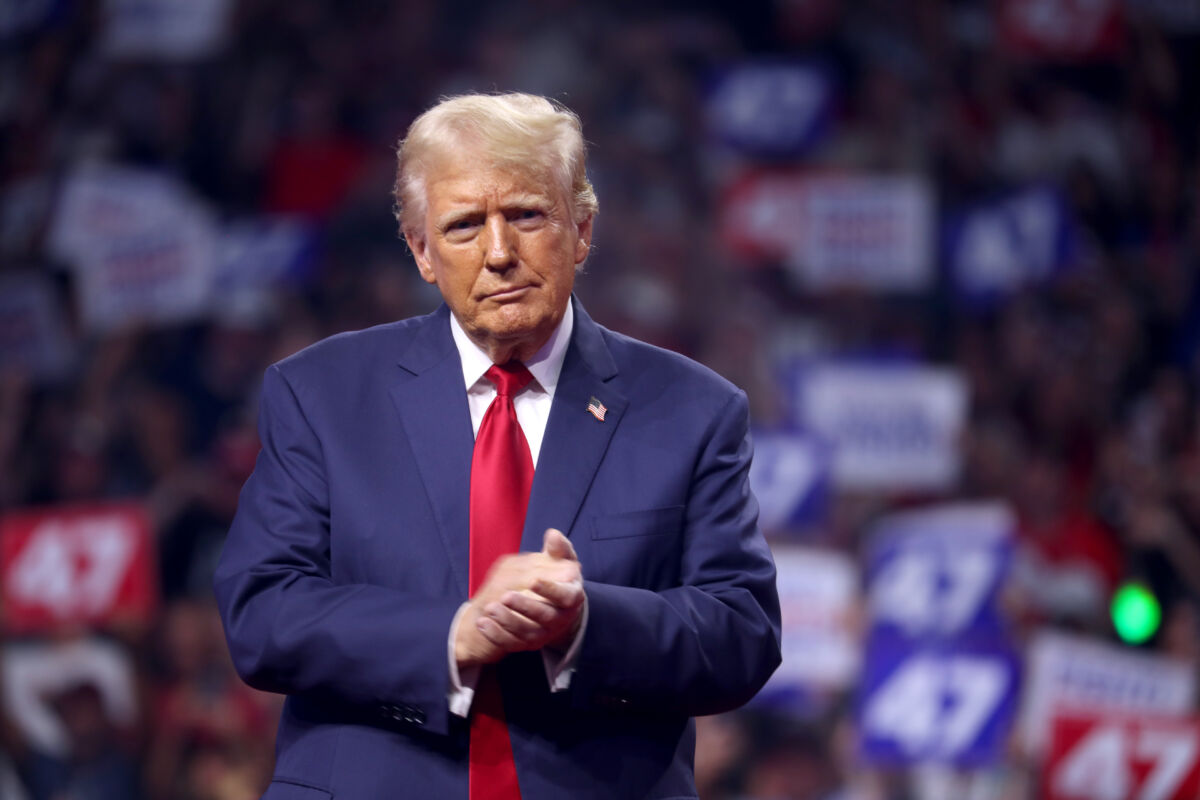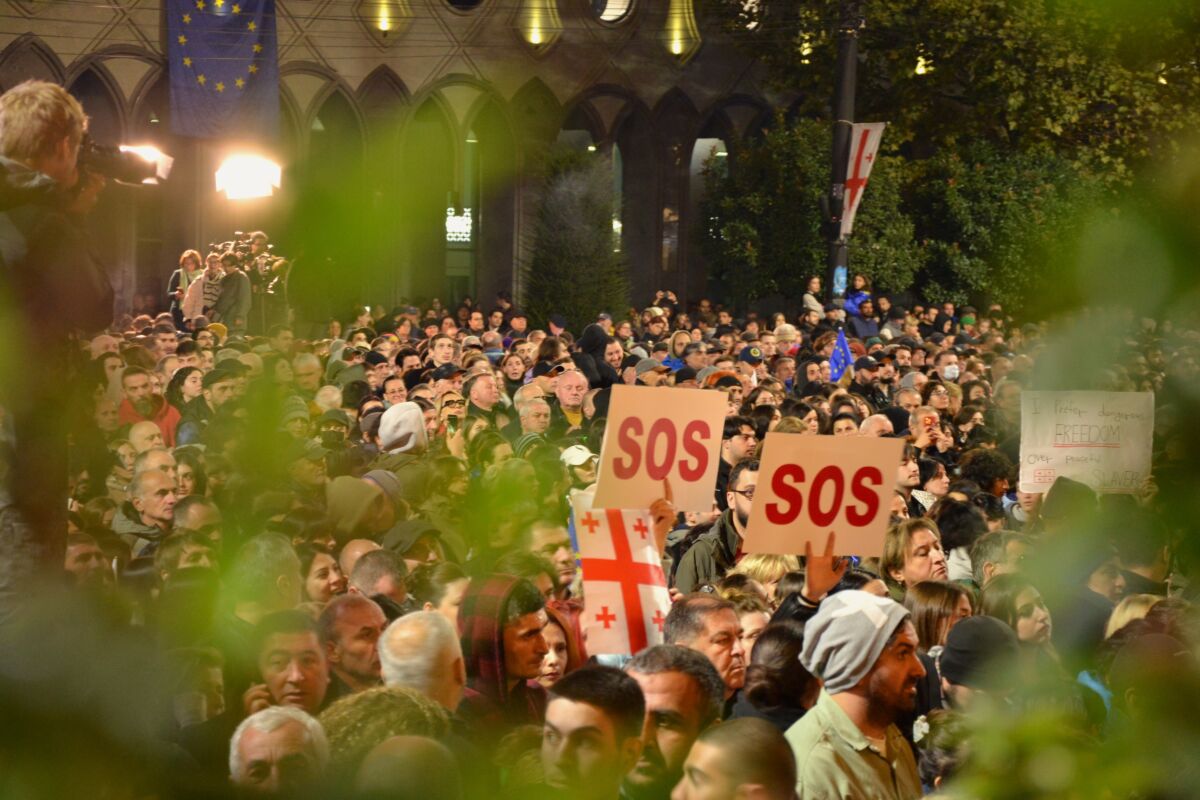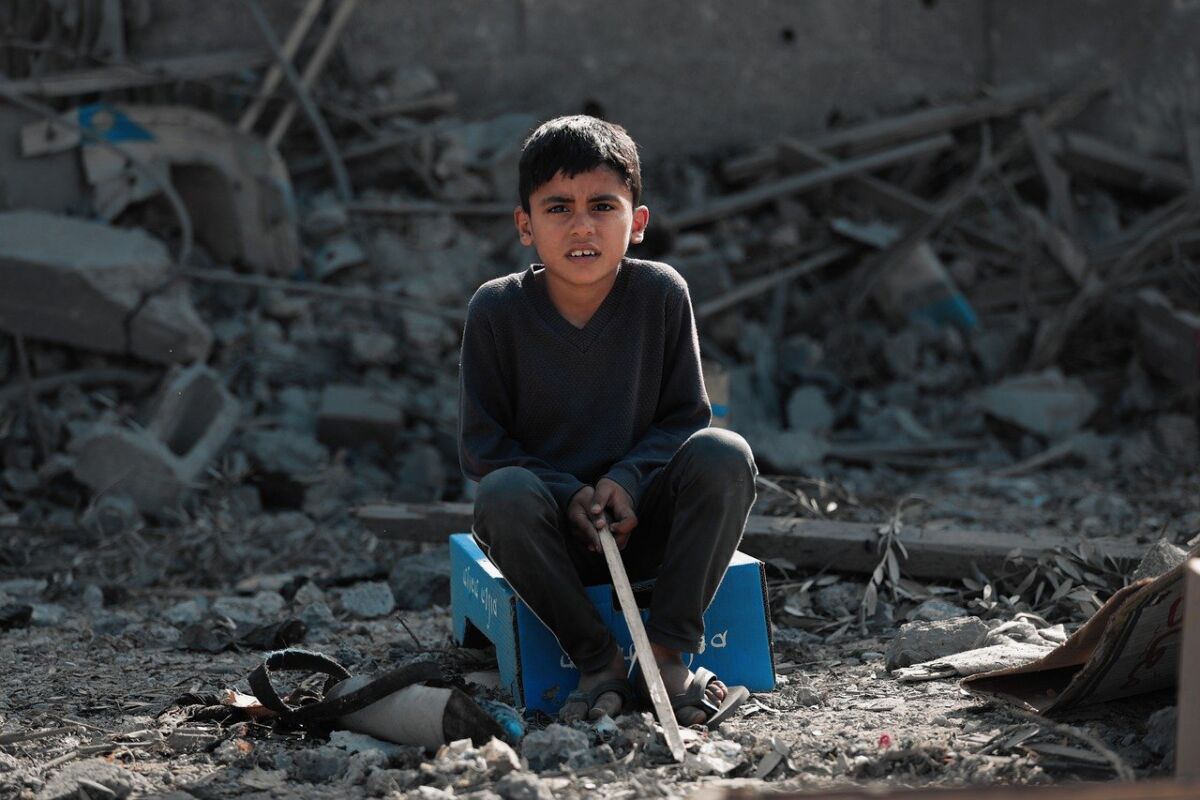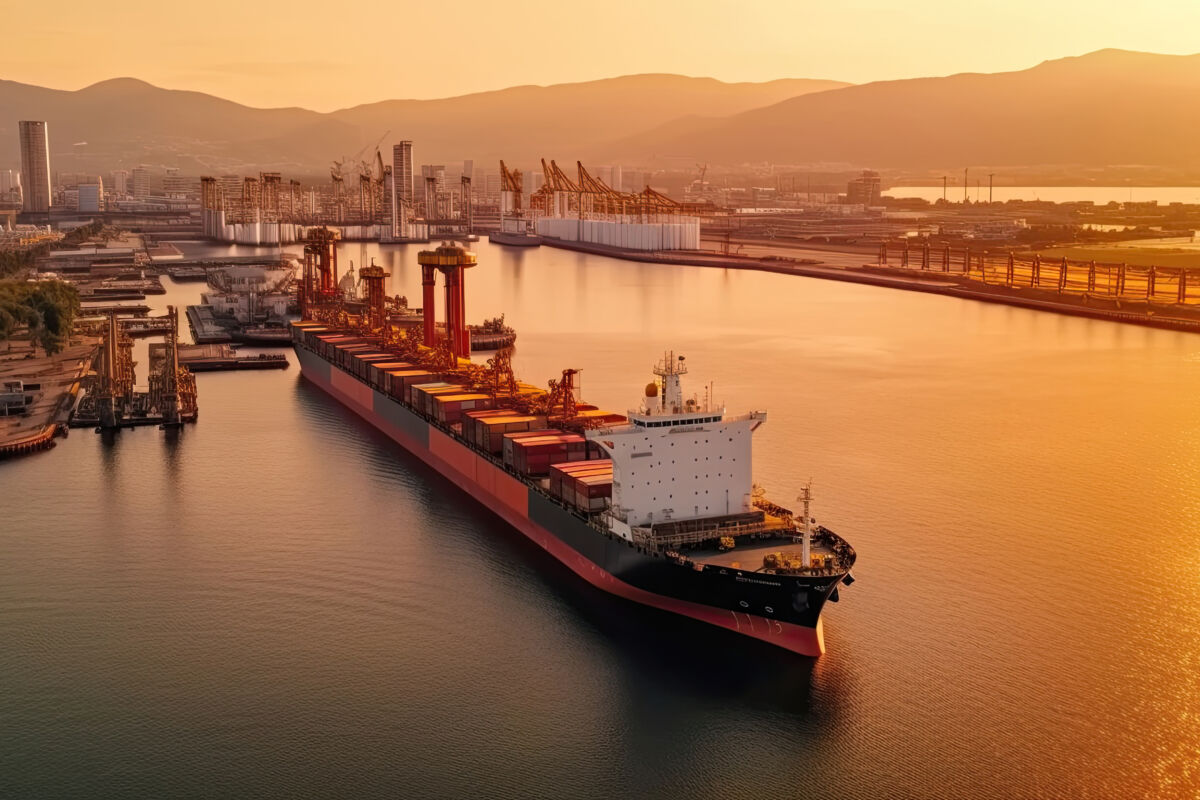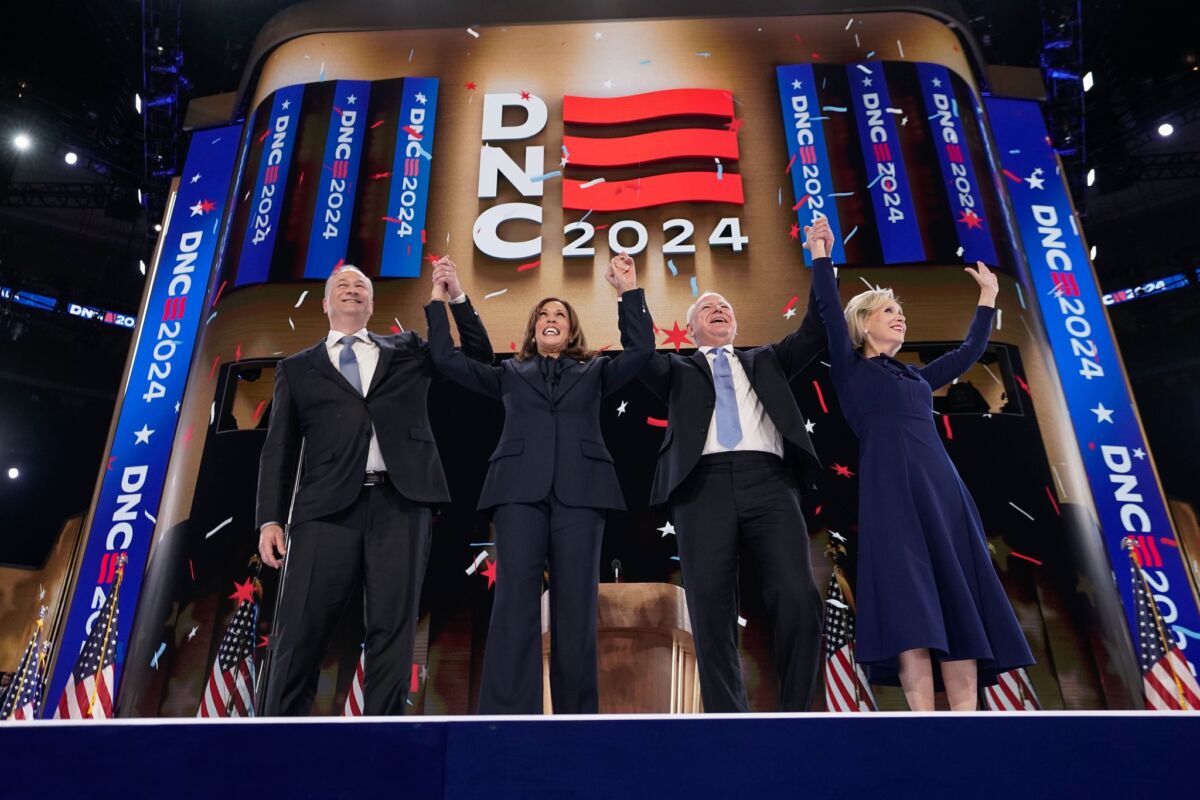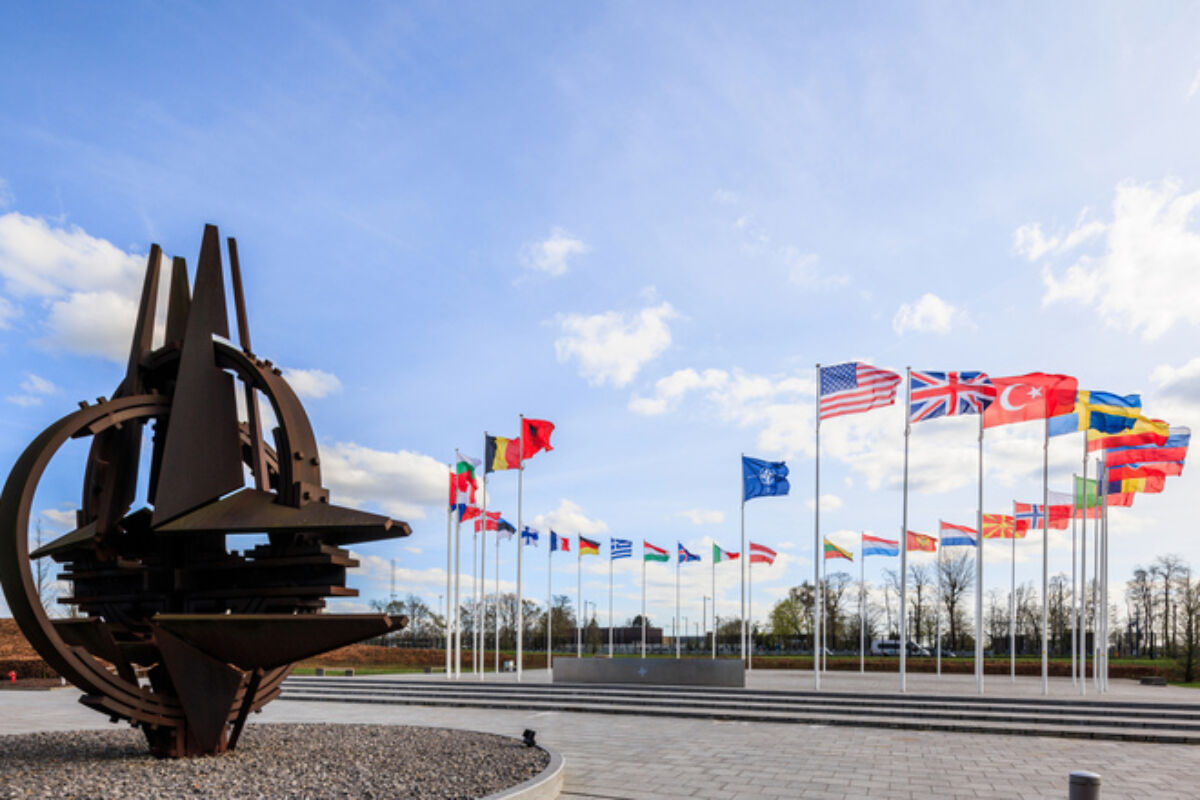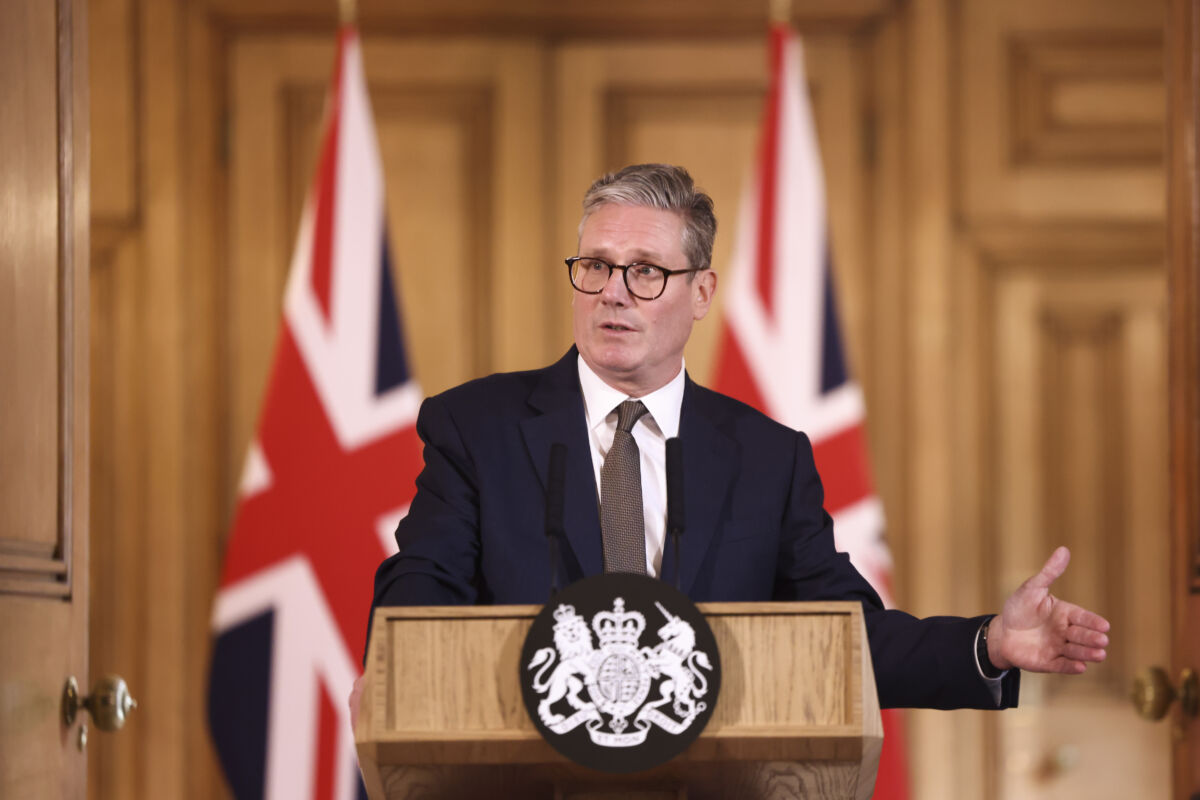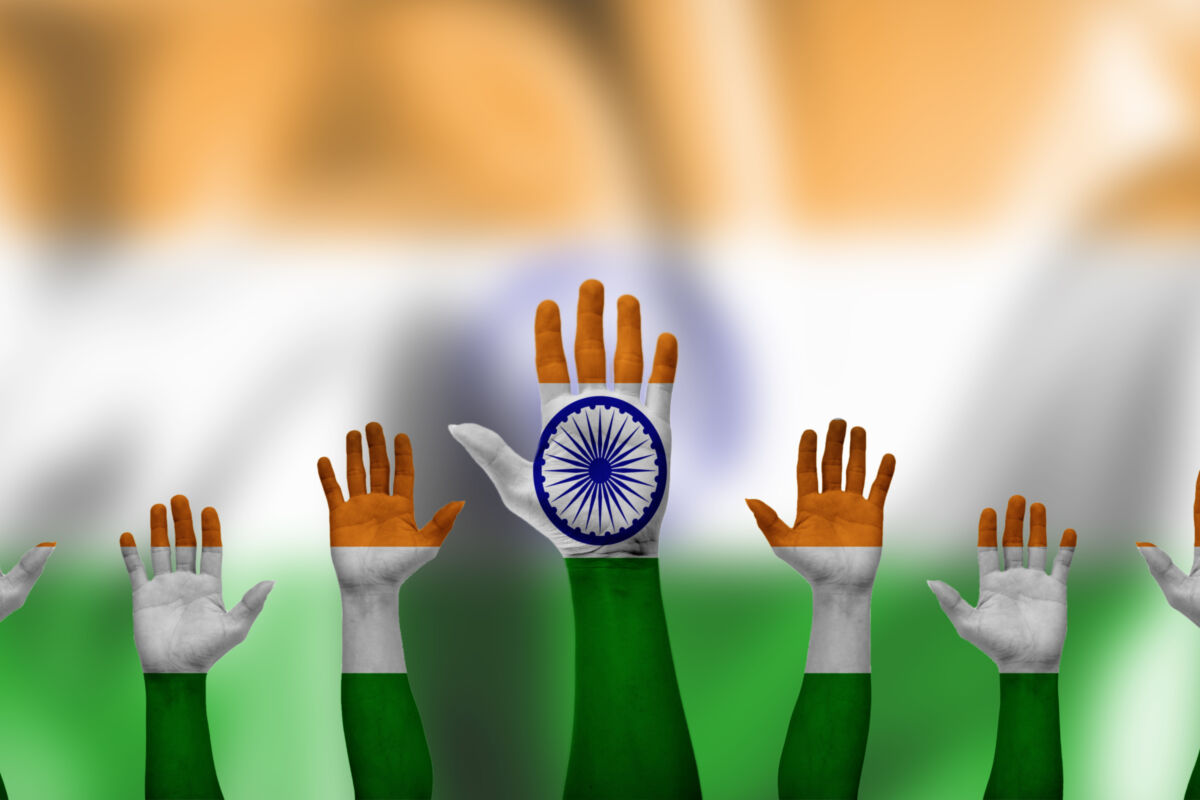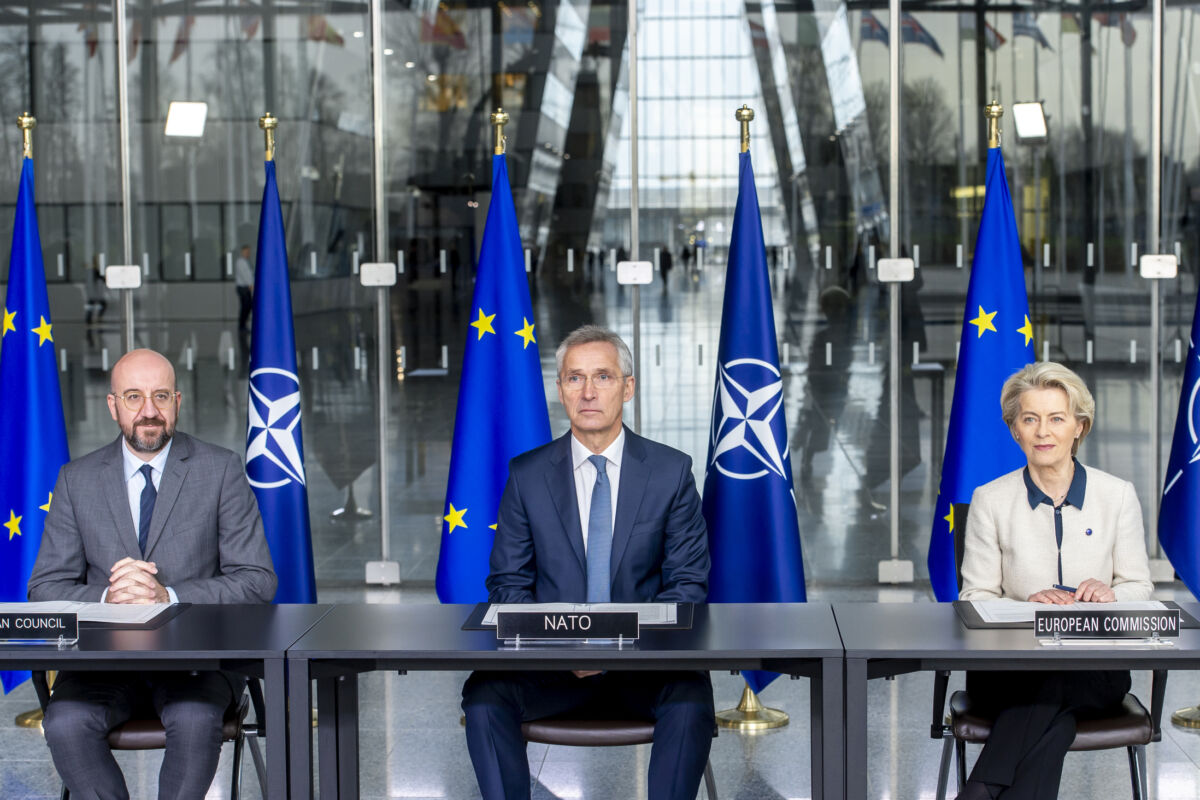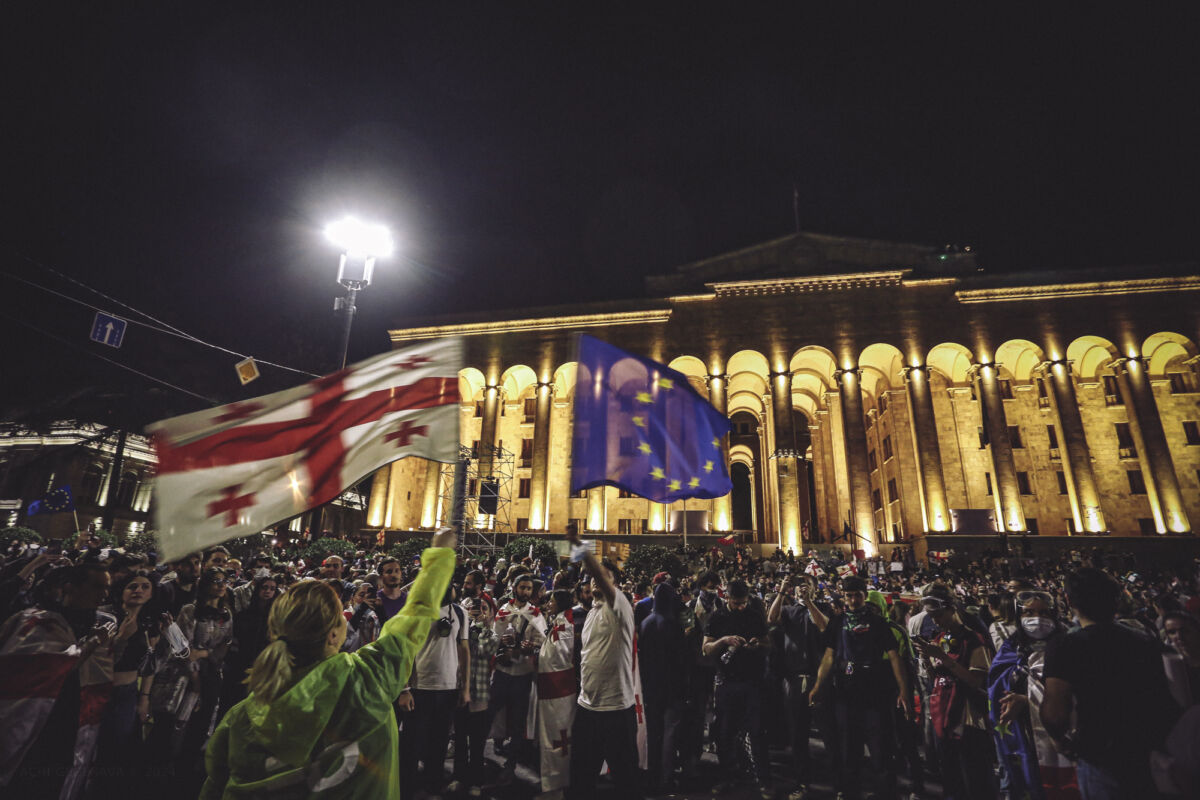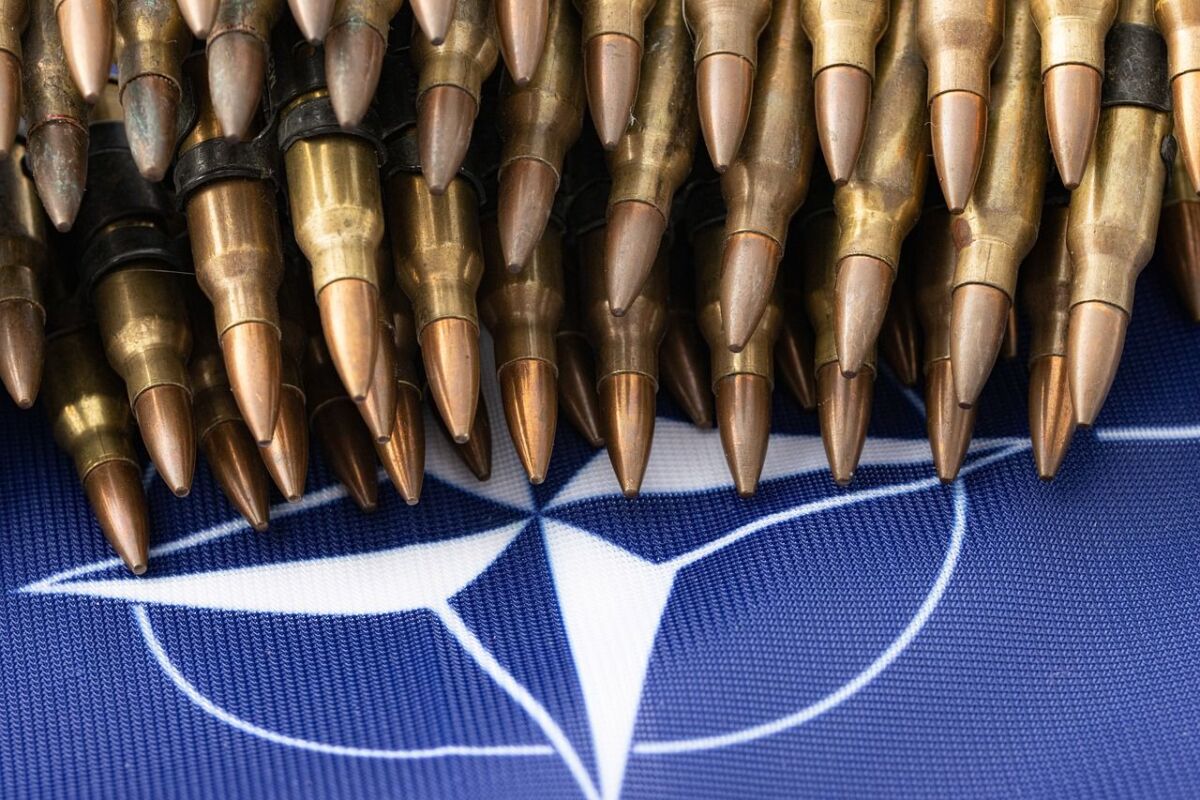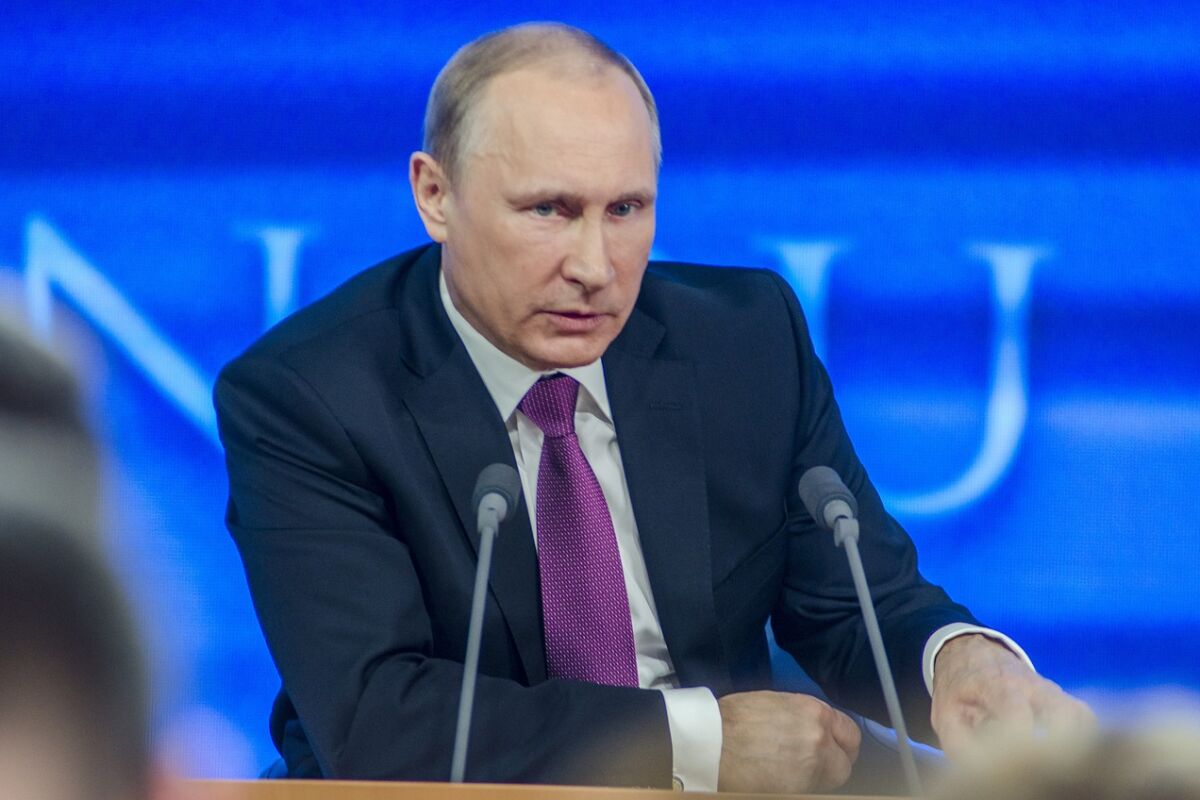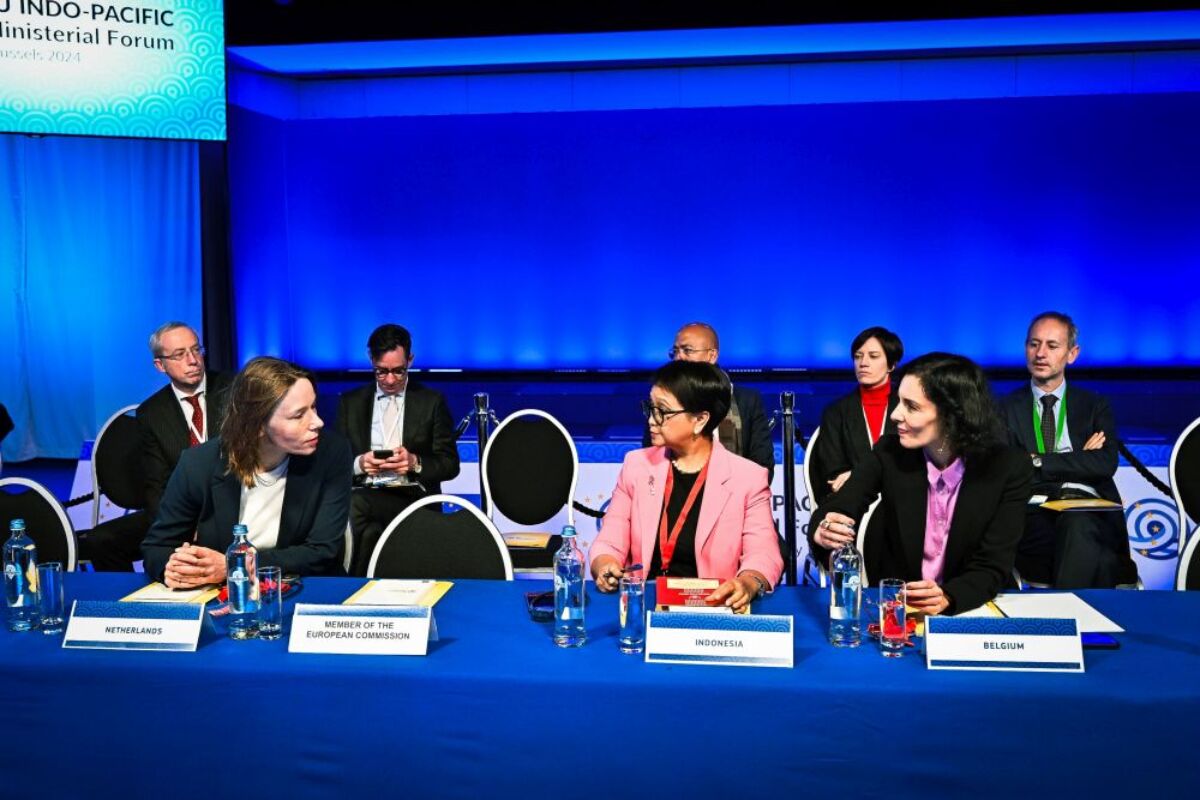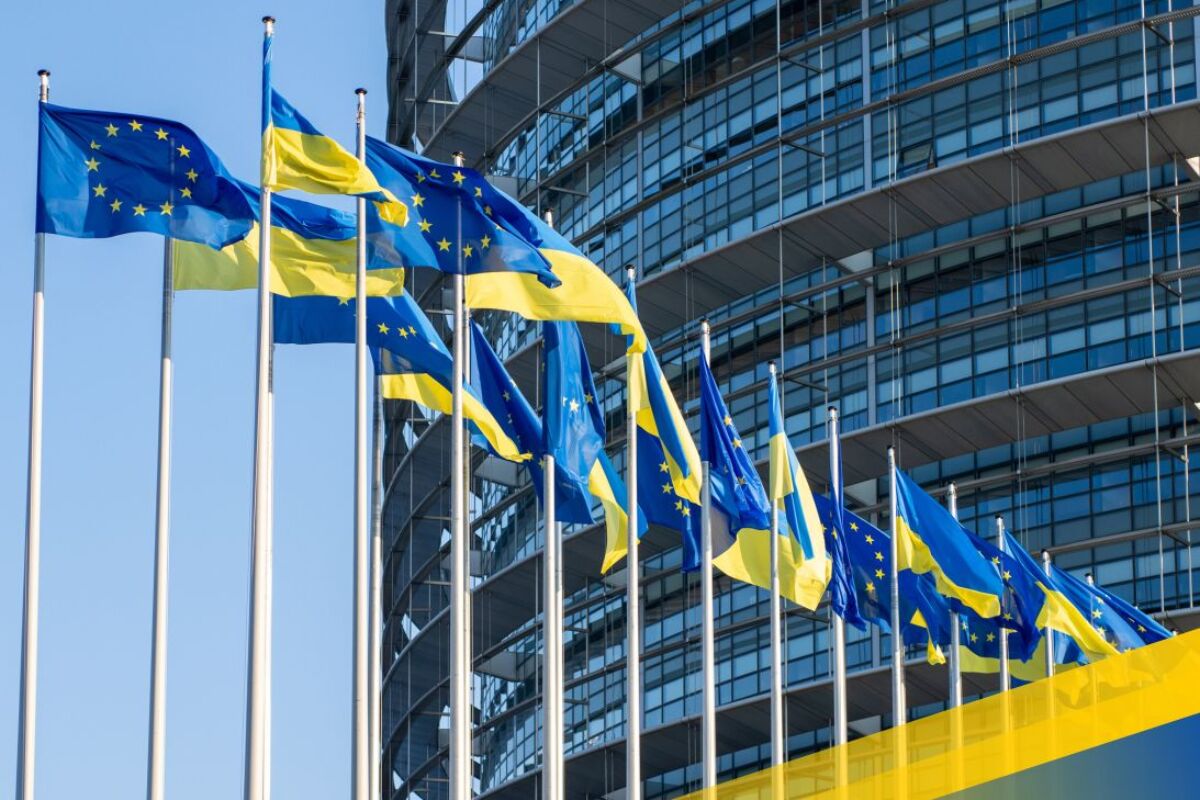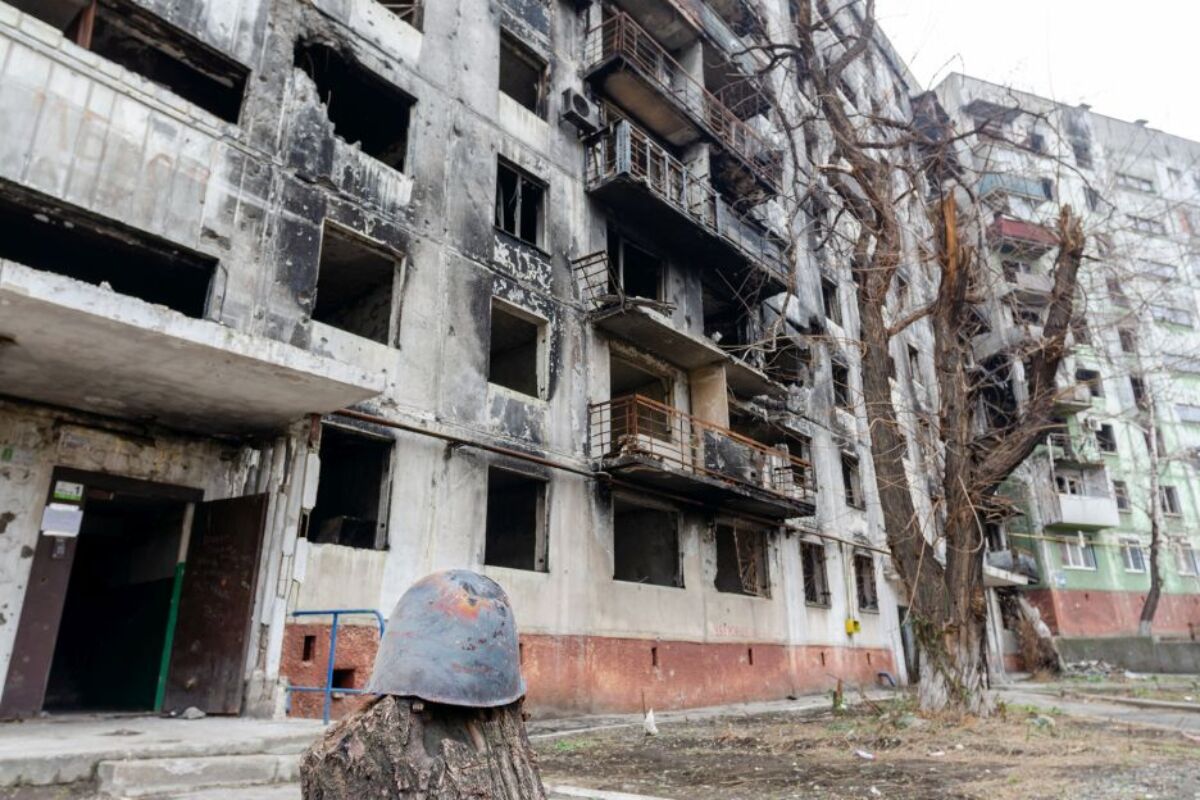The recent history of the EU’s relations in its ‘southern neighbourhood’ can hardly be called its finest hour. It has been preoccupied with defensive policies, notably the focus on controlling illegal migration, spurred by the far right’s growing support. Then there’s the rise of other world powers in the MENA region such as China, Russia and Turkey, which are often less demanding on fundamental values and economic reform.
This has holed the European Neighbourhood Policy (ENP) in the South below the water line (the ENP in the East is effectively obsolete) and if not yet irretrievably sunk, it’s listing badly and in need of more than a salvage operation. The US’ disengagement from the region (other than Israel) hasn’t helped either.
Above all, the failure to effectively call out Israel’s disproportionate military campaign and disregard of international law in Gaza, as well as its aggression in Lebanon and Syria, has plagued the EU with accusations of double standards vis-à-vis its positioning on Ukraine. This has badly damaged the EU’s reputation as a global force for peace.
That said, the EU still matters in the region. For most MENA countries, it’s still the largest trader, investor and source of aid, as well as a growing security provider. People-to-people links are also second to none, whether through the EU’s large immigrant communities, the millions who have studied in Europe, or through the still substantial support the EU provides to MENA civil society.
Notwithstanding Israel/Palestine, the EU is also seen as a relatively reliable partner that respects its agreements. Today, as countries like Jordan and Morocco could be subjected to unjustified US tariffs at any moment (despite having FTAs with Washington), reliability is more than ever a prized commodity.
And the region also matters to the EU. Some 250 million relatively young and increasingly well-educated citizens live just a few hundred kilometres across the mare nostrum in countries with major energy resources, whether they be sun, wind, green hydrogen or gas. It’s also an important market for EU exports and a potentially competitive source of products and labour for a rapidly ageing Europe – provided that the right balance can be found in the EuroMed partnership.
What should be in a new EuroMed Pact?
The EU has decided to revamp its relations with its southern neighbours and consultations on a new Pact for the Mediterranean have begun. But the EU needs to listen more attentively to the region’s asks, with a detailed proposal expected in the autumn.
The first item should be to modernise the Association Agreements which govern relations between the two sides. Most are now over 20 years old and no longer fit for purpose. Overambitious efforts tried under the ENP, such as the failed attempt to negotiate Deep and Comprehensive Free Trade Agreements, should be avoided. Better to focus on sectoral approaches, such as conformity assessment and sustainable investment accords, paying attention to areas where comparative advantages exist, such as in agriculture.
Greater efforts are also needed to nurture business constituencies, building on the foundations of previous private sector programmes. Setting up European Chambers of Commerce in southern countries can help bring the national Chambers to the table when dealing with trade and investment policy.
Given the southern neighbourhood’s privileged position under the Lisbon Treaty, the European Commission and the European Investment Bank should prioritise infrastructure and related investments under the EU’s Global Gateway. This would include working in conjunction with Gulf funds, insofar as interests align. All this should be made easier by the Commission’s new DG MENA, which is responsible for relations with both the southern neighbourhood and the Arabian Peninsula.
Elsewhere, migration needs to be managed better. The EU’s focus on controlling illegal migration won’t likely change but it needs to be tempered by more energy and investment being put into legal migration opportunities, such as those offered under talent partnership programmes.
On security, the Pact should concentrate on areas where the EU can actually deliver, such as deradicalisation – possibly more needed than ever due to the war in Gaza – as well as efforts to stymie terrorist financing and increase maritime security, including in the contested Eastern Mediterranean.
Europe provides much of the international oxygen for civil society in the south and with Trump’s defenestration of USAID, demands for EU support will only grow. NGOs play an important role in promoting values and delivering development programmes – EU programmes should be protected and, where possible, expanded.
While bilateral relations will continue to dominate, regional cooperation needs to be revamped, not least because the region’s development is hobbled by being the least economically integrated in the world. Reforming the Union for the Mediterranean (UfM) should also be prioritised, including extending some form of membership to GCC countries and other European partners, such as Norway and the UK.
Finally, holding a new Euro-Arab summit (the first was held in Cairo six years ago), with the UfM contributing, and this time with a follow-up mechanism, would give an important signal that the two sides really do value their relationship.
So, what next?
As consultations on the Pact continue, the EU must do more to restore its regional reputation, especially in the Israel/Palestine conflict, which is still the lodestone for mutual trust and successful cooperation. Witness the lack of progress on the US-driven Abraham Accords since they were signed years ago with much fanfare, including in Europe.
While EU Member States are still divided, there are a couple of green shoots that could improve the EU’s position – one is the European Council’s support for the Arab plan to reconstruct Gaza, despite being dismissed by the US and Israel; another is France’s announcement that it intends to recognise the State of Palestine.
That might not change things on the ground, but it’s an important sign from a major EU country that Europe is prepared to walk the walk on a ‘political horizon’ for the Palestinians and an eventual balanced solution, and it may well spur other Member States who haven’t already done so to follow suit.
Finally, the EU needs to get Syria right. And soon. This certainly involves some political risk but committing early to more sanctions relief and reconstruction will show that Europe cares about stability there. It also needs to find common cause on Libya, where splits among Member States have for too long dogged efforts to put that country back together again.
Above all, if it avoids the pitfalls of its predecessors, the new Pact could provide a real opportunity for both sides to forge a truly forward-looking EuroMed partnership.



